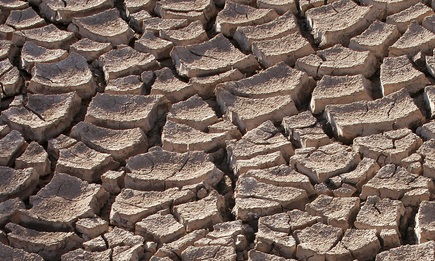Climate engineering offers little hope

An international agreement was drawn up in 1992 to stabilise the concentration of greenhouse gases in the atmosphere at a level that would make it possible to limit climate change. Despite this, atmospheric concentrations of CO2 and methane have continued to increase and measures to limit emissions have had little effect. The CO2 concentration has now passed the limit of 400 ppm.
Solar radiation management
In theory, the amount of solar radiation that falls on the Earth can be limited quite simply by dispersing fine sulphate particles (aerosols) high in the atmosphere. The group of scientists investigated whether applying solar radiation management would have the desired effect and, if so, whether such an international-level intervention was politically achievable.
They showed that although geo-engineering can reduce the average temperature of the Earth, it cannot halt climate change. In fact, it would result in a completely new climate with very different effects in different regions. As these effects would be negative in some areas of the world (extreme drought, for example), it is highly unlikely that political consensus would be achieved.
Not without risk
Furthermore, geo-engineering is not without risk. For example, there is much uncertainty about the effects on the distribution of precipitation and heat around the world. Its application to solve a regional problem (to extend the monsoon season, for example) can lead to unpredictable, new problems for other countries. “Climate Engineering might be too dangerous, It can disrupt climate systems on the other side of the planet,” the Dutch Rathenau Institute concluded last year in their report ´Climate Engineering: Hype, Hope or Despair’.
Achieving political consensus is most likely if the world as a whole is faced with a major disaster, such as the melting of the Greenland ice sheet. However, even then politicians will ask themselves – given the risks involved in geo-engineering – whether adaptation to climate change is not a better solution. This is a blow to technocrats, acknowledge the researchers. ‘In any case, geo-engineering is not going to be the breakthrough that some had expected.’
Meest Gelezen
Vrouwen houden universiteit draaiende, maar krijgen daarvoor geen waardering
Wederom intimidatie van journalisten door universiteit, nu in Delft
Hbo-docent wil wel rolmodel zijn, maar niet eigen moreel kompas opdringen
‘Burgerschapsonderwijs moet ook verplicht worden in hbo en wo’
Raad van State: laat taaltoets nog niet gelden voor hbo-opleidingen

